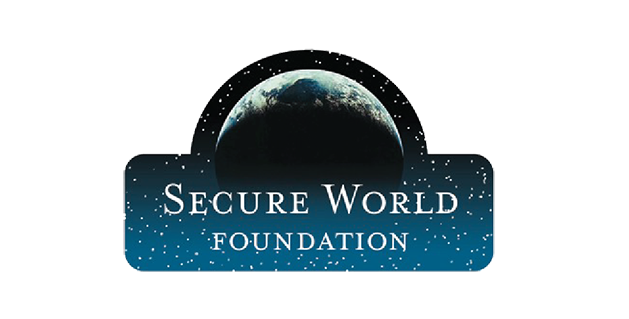
On Sept. 19, 2019, Secure World Foundation (SWF) and the Maui Economic Development Board (MEDB) co-hosted the eighth annual AMOS Dialogue, a small, invitation-only workshop at the 2019 Advanced Maui Optical and Space Surveillance Technologies (AMOS) Conference, held in Maui, Hawaii, Sept. 18-20, 2019.
The goal of the AMOS Dialogue series is to facilitate discussion among key stakeholders in space situational awareness (SSA), thereby promoting greater collaboration and cooperation to enhance SSA for safe and responsible space activities. To accomplish this, the Dialogue brings together representatives from current and future SSA programs and initiatives around the world with a variety of end users and stakeholders so that they may exchange information and views in a not-for-attribution setting.
The topic of the 2019 AMOS Dialogue was open access data repositories to improve SSA data sharing. There is growing interest from both governments and satellite operators in merging different sources of SSA data together and in some cases making the fused data more widely available, with a few pilot programs and prototypes in the planning stages. This year’s Dialogue brought together governments, satellite operators, and astrodynamicists to discuss the key characteristics of such data repositories and how they can provide better data and services over existing solutions while also fostering trust with users. The discussion took place under Chatham House Rule: topics addressed could be used in materials prepared by SWF and/or MEDB in their future endeavors, but would not be attributed to any given speaker.
The major takeaways from this year’s Dialogue was that when designed properly, open access data repositories can increase the interest of governments and satellite operators in merging different sorts of SSA data and, in some cases, make the fused data more widely available. Transparency is a key factor to the success of OADRs in general. Challenges to transparency include different technical specifications, secrecy (either for national security or commercial proprietary reasons), trust in the providers, balancing the need of public good versus private interests, ascertaining liability for the data given, and encouraging
commercial innovation while at the same time providing enough information to ensure basic spacecraft safety.
Read the full report authored by the Secure World Foundation
